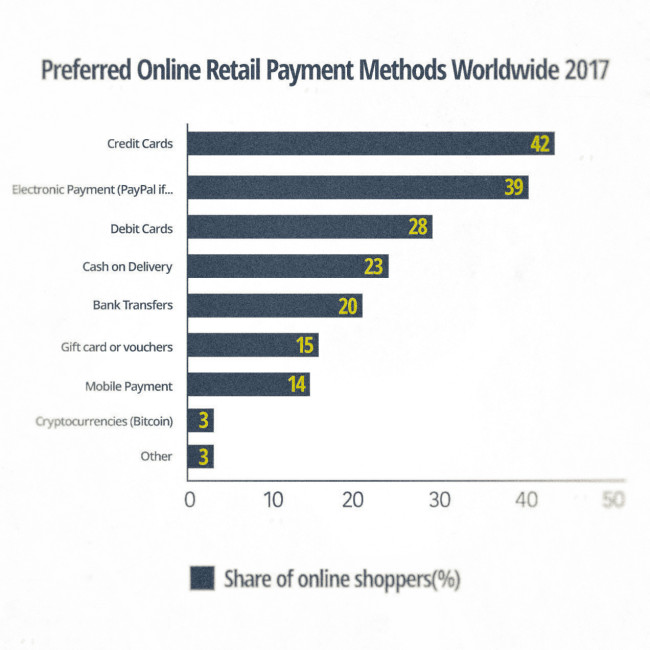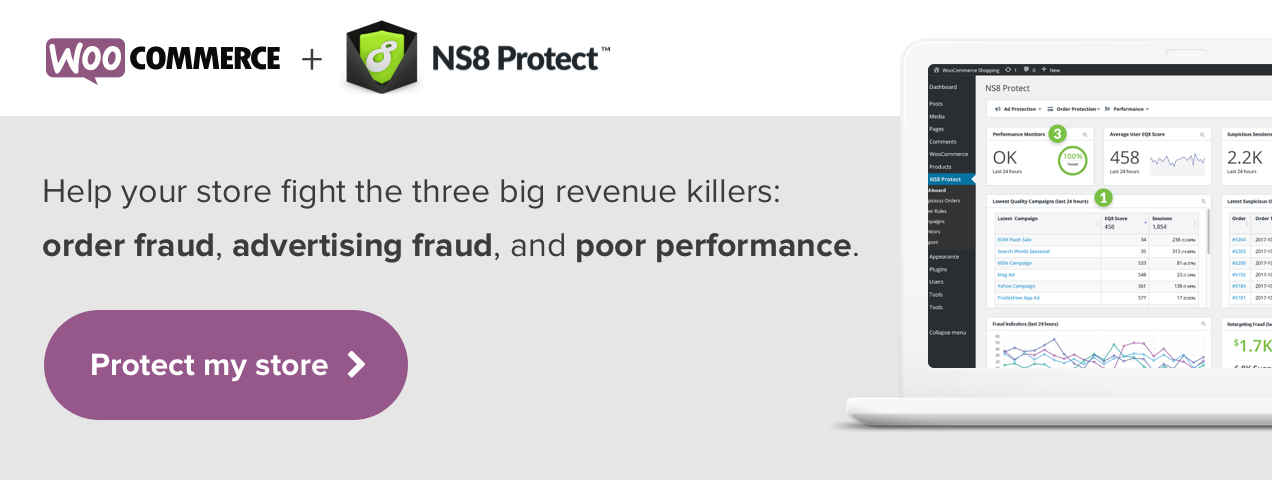Expanding into new markets brings great opportunities and sometimes unexpected challenges. Here are some areas to research before deciding the next steps for your business.
Though the world has become more interconnected thanks to the internet, air travel, and other technological advancements, there are still many local cultural, economic, and geographic differences. And while tapping into new markets is important for growing your business, doing it the wrong way can be disastrous.
There are five key considerations for successfully going global: language, infrastructure, payments, legal requirements, and cultural norms.
Language
It may seem obvious, but it’s also one of the biggest challenges companies will face in new markets. While many parts of the world have at least a small English-speaking population, you’ll reach a lot more people if they can use your site in their local languages. Google Translate can be helpful; however, an even better option is a tool like Multilingual Press, which creates localized experiences for your site.
No matter which tool you use, remember that languages are complicated! The last thing you want to do is offend your customers with awkward wording. Consider A/B testing important pages, asking customers for feedback on translated pages, and focusing on one language at a time.
Consider China: There are numerous languages spoken throughout the country, and many regions have individual dialects that can cause confusion even among native speakers. While population centers are more likely to have diversity, estimates suggest that only about 10 million out of 1.3 billion people living in China actually speak English. This could mean a heavy investment in making your site friendly for speakers of Mandarin, Wu, Min, Yue, and other local dialects.
Infrastructure
If you’re used to selling and shipping within the United States, it may be difficult to navigate the issues that come with selling and shipping in other countries. Internet penetration may not be as high, roads and air traffic may be more limited, and getting products to customers may be difficult, especially in rural areas.
Knowing what areas of your new market are serviceable will be essential for customer satisfaction. Being unable to deliver a product after a customer has made a purchase or even just dealing with significant delays can cause damage to your company’s reputation. UPS can be a great resource. They offer help with regulations concerning imports and exports as well as areas that may have delivery difficulties.
Consider Argentina: Many Latin American countries lack the infrastructure found in North America and Europe, but Argentina has more to offer than others. With an internet penetration rate of almost 80% in 2018 and over 1,300 airports, the country is more prepared for eCommerce than some of its neighbors. However, only 142 of those airports have paved runways, and less than 30% of the roads throughout the country are paved. This can lead to shipping delays and logistical problems in getting products to customers.

Payment / Money
Money habits vary widely: Some countries run mostly on cash, others rely on credit, and some have moved to digital wallets. Money habits can even change between regions of a single country, and rural areas may need different payment options than cities. Understanding how people in a specific country make purchases is essential and may require some research. The US Department of Commerce has a website with guides that provide a great place to start.
Luckily with WooCommerce, merchants are able to take payments, including credit and debit cards (via Stripe) and alternative payment options like PayPal. There are also payment integrations that can support a variety of global merchants.
Consider Australia: Payments in Australia are relatively straightforward. Nearly 70% of payments are made with credit or debit cards. However, the other 30% is almost entirely with PayPal. To expand into Australia effectively, you may need to accept a variety of credit cards and have a PayPal option to reach the most customers.
Laws / Regulations
Often the most confusing aspect of moving into a new market, discovering all the applicable laws and regulations is a job unto itself, and there are often specific rules in every country about the types of products that can be sold. Some countries bar the import and sale of fruits and vegetables or plants due to agricultural or environmental concerns; others limit alcohol, weapons, or even books and toys.
Beyond rules around commodities to sell, there can also be rules about how a business must be run. This can be complicated. While some legal information can be found online, a business looking to expand into a new country should hire a local business lawyer to ensure they follow all laws before starting to sell.
Consider India: To limit the power of foreign companies like Walmart and Amazon, India changed its regulations around inventory-driven models of eCommerce in 2018. While many smaller eCommerce businesses may be unaffected, the rules can complicate things for companies whose processes involve drop-shipping, reselling, or bulk purchases.

Culture / Marketing
Cultural norms are nuanced. They’re complex. And they’re important. As with language, you can offend your customers if you use the wrong phrases, photos, or even marketing technique — but marketing that resonates with local culture can help you make significant inroads.
Additionally, ad fraud is pervasive in some countries and not as prevalent in others. Trying to target the right audience without using up your ad budget can be difficult. NS8 Protect is built to help businesses recognize and prevent ad fraud no matter where they may be expanding. By recognizing which campaigns are working best in each country, you can reduce the amount you lose to ad fraud and increase your conversions.
Consider Japan: Like the US, social media is a very important marketing tool in Japan. However, unlike the US, advertisements tend to be text-heavy and focused on providing a lot of information. Additionally, some reports suggest that Japan may have the highest rate of ad fraud globally while newspaper circulation is still very high. Because of this, digital advertising may be less important here than in other markets.
If you’re looking to grow your business by expanding into new markets, be prepared to research everything. While WooCommerce makes it easy to reach new regions, it’s important to find the right extensions, partnerships, and information to ensure a smooth transition and successful expansion.





